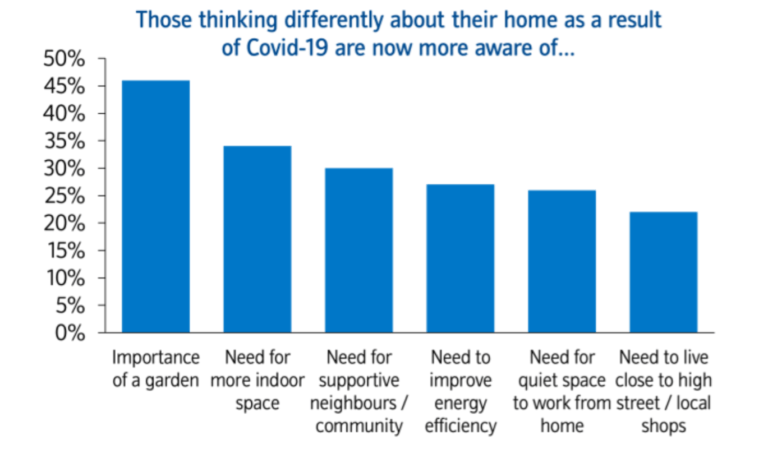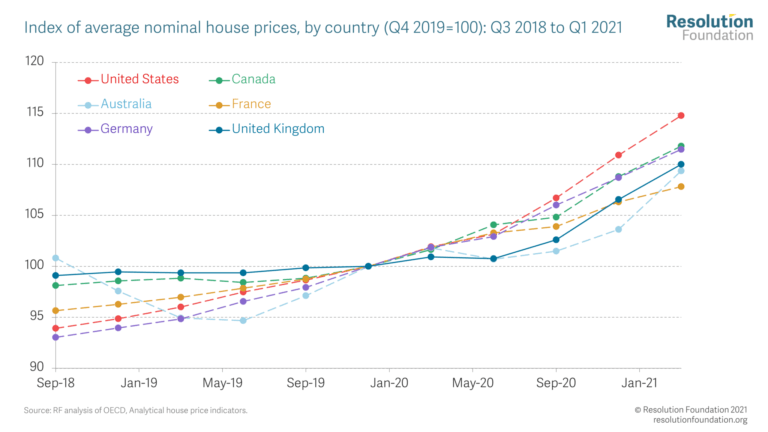Major broadband providers are hiking their prices
This week, Virgin Media announced that they will be increasing their prices in the coming months for customers who joined before 29 June 2020 – a move that affects anyone with a broadband, TV or landline contract.
The amount your bill will increase will obviously depend on how much you pay at present, but it’s expected to be an increase of around 4%. For the average contract, that’s just over £40 a year but can be as much as £54 a year.
The only exceptions are people the company considers to be vulnerable – that is, universal credit customers on its Essential package and landline users on its Talk Protected package. Those who joined from 30 June 2020 are also exempt from price increases.
For those on a rolling contract, where the minimum term of the contract has already passed, the price hike will come into effect from 1 March 2021. And for those on a fixed-price promotional contract, the increase won’t kick in until the minimum period ends.
If you’re a Virgin Media customer, they should be writing to you to let you know the details of your contract and any price increases if they haven’t already.
Virgin Media isn’t the only broadband provider to be putting up its prices this year – Shell Energy announced similar increases in December last year, which will start coming in this month.
For Shell Energy customers, the price increases will start from 10 January 2021, and will affect anyone who signed up before 2 September 2020.
Unlike Virgin Media, the Shell Energy price increases will only affect those who currently have a landline or broadband contract and not those who have already moved onto rolling contracts.
Again, the increase will depend on your current contract, but it’s expected to be as much as £36 a year.
What it means for you…
With so many of us now working from home, our broadband access has become an essential part of life. But that doesn’t mean you should pay more than you need to.
Since 2014, rules set out by the industry regulator Ofcom have meant that if a broadband (and mobile phone or landline) provider wants to increase prices mid-contract, they must let you know in advance.
You have a 30-day period during which you can consider the price increases and, if you’re not happy, you can leave the contract without paying a penalty.
It’s likely already too late for Shell Energy customers but Virgin Media users can still get in touch to get a better deal.
Before you do, there are a couple of things to consider.
First, check your contract. In some cases, mid-contract price rises are permissible if they’re in line with inflation – as you’ve essentially agreed to the price rises in advance – but if they’re over and above that, as they are in the case of Virgin Media, you’re within your rights to renegotiate and cancel without penalty.
Second, check what other deals are around. If there are much better deals through other providers, or even through your existing provider, you stand a much better chance to cut your costs. If not, you may not be able to save much, if at all, but you may be able to secure an upgrade to your existing service.
Third, haggle hard but be realistic – that means having talking points handy about why you should get a discount. Your market research from point two should help, but make sure you’re comparing like for like. Virgin Media once offered to cut my broadband bill from £28 to £20 a month to match TalkTalk, who I was planning to move to.
Finally, when you come to negotiate, you have three options. You can either try to haggle for a discount, an upgrade or cancel to go with another provider – it’s a good idea to have a preference in mind, depending on how you’ve found your service provider so far.







